Chemistry
-
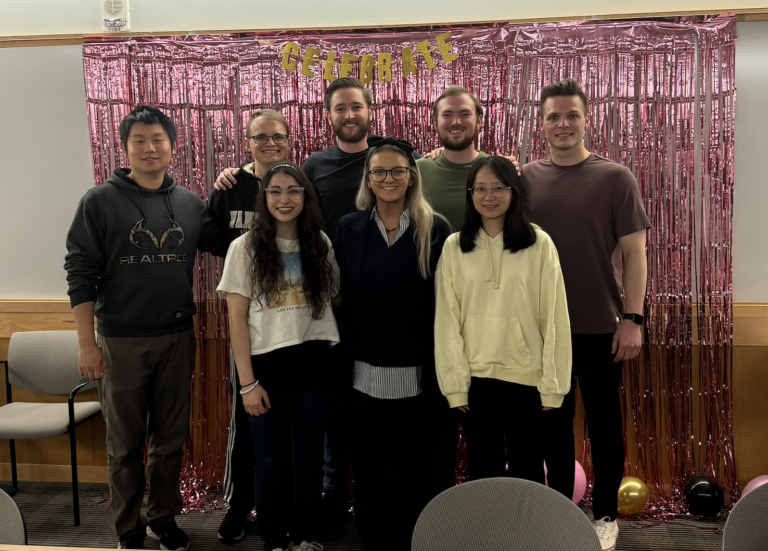
Good chemistry: how chemistry students expand their skill set through hands-on, experiential learning
This past academic year, seven graduate students and one undergraduate student participated in the 2025 Merck Compound Challenge. Created in 2018, the competition gives teams from around the world 48 hours to create a proposed route of chemical steps from a commercial chemical they believe will make the final compound. Read MoreJul 16, 2025
-
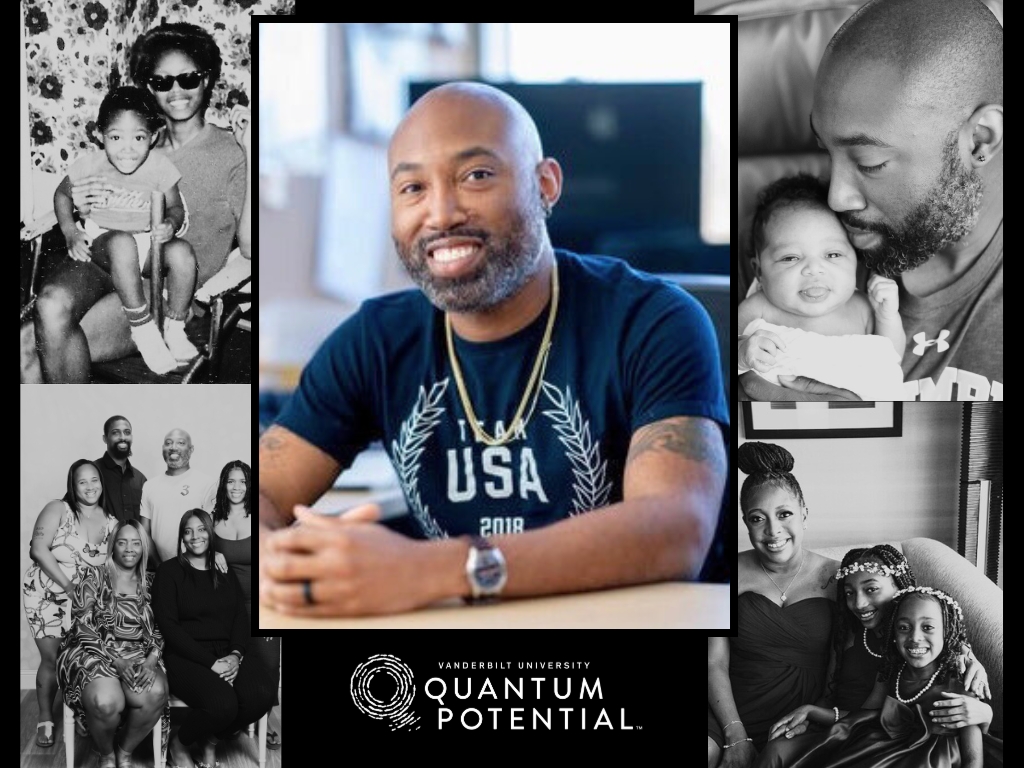
Inspired chemist uncovers a scientific superpower in women
Learn about the women who inspire Steven Townsend in his breakthrough research that puts a spotlight on women, their health and discoveries around the healing powers of breast milk. Read MoreApr 3, 2025
-
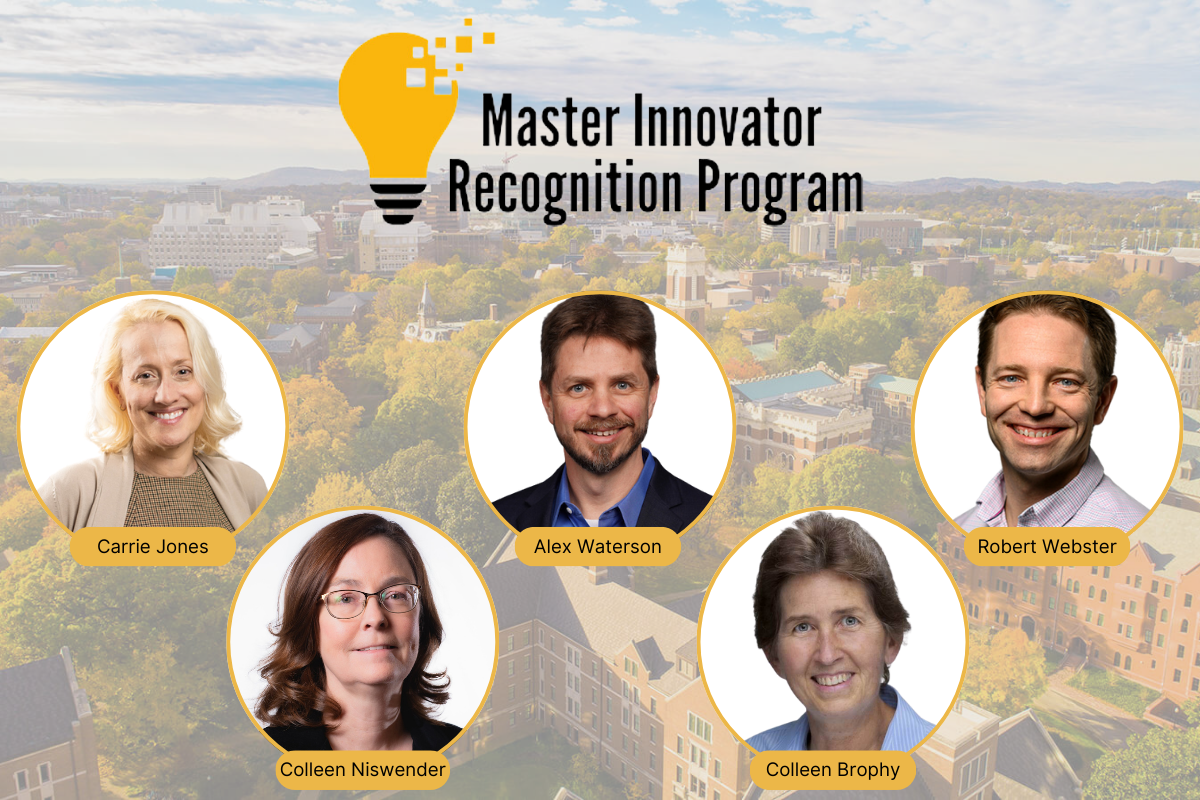
Vanderbilt CTTC honors five pioneering faculty as newly inducted Master Innovators
The Center for Technology Transfer and Commercialization has honored five faculty members as 2024 Master Innovators for their groundbreaking research and transformative innovations. These pioneers, recognized for achievements spanning patents, startups and impactful technologies, exemplify Vanderbilt's dedication to translating academic excellence into societal advancements. Read MoreDec 5, 2024
-

Vanderbilt awarded up to $46M through ARPA-H to develop tools against alphaviruses
Jens Meiler, Distinguished Research Professor of Chemistry, was named the principal investigator for the project, in cooperation with 14 investigators across eight institutions. The team will work together to use advanced technology, including computational modeling, AI-driven predictions and structural biology, to develop a groundbreaking vaccine against all alphaviruses that offers long-lasting protection. Read MoreDec 2, 2024
-
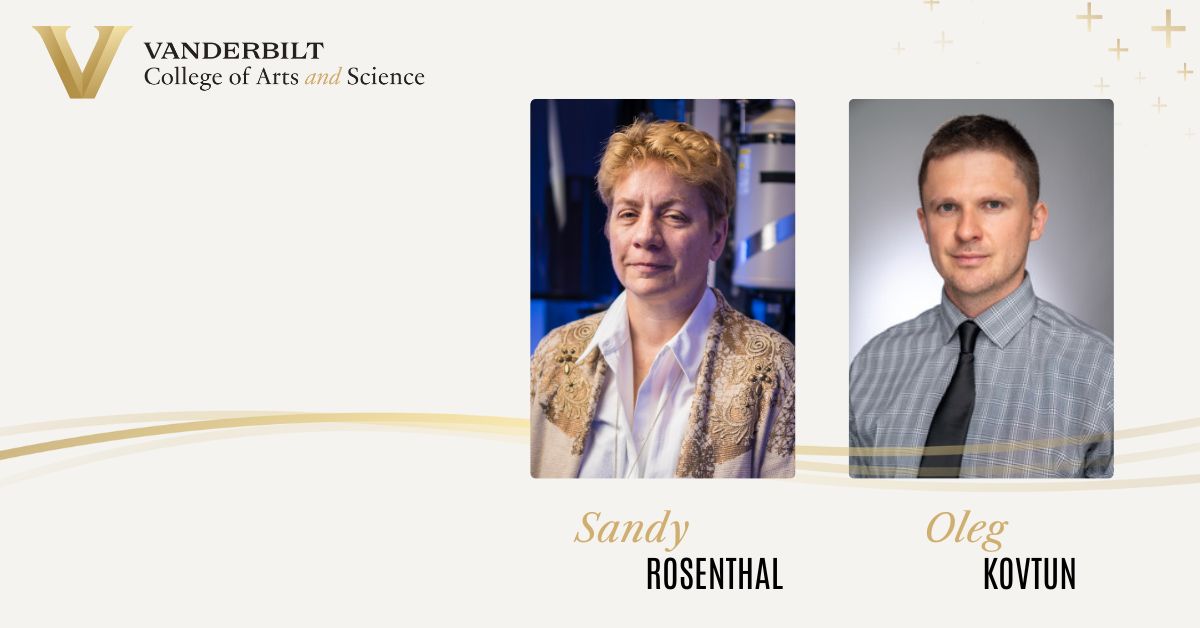
New study sheds light on seasonality in mood disorders
A recent study conducted by Vanderbilt chemistry professors Sandy Rosenthal and Oleg Kovtun found that people experiencing depressed states had lower daytime activity, and people’s daytime activity increased with longer days and more sun exposure. Read MoreOct 31, 2024
-
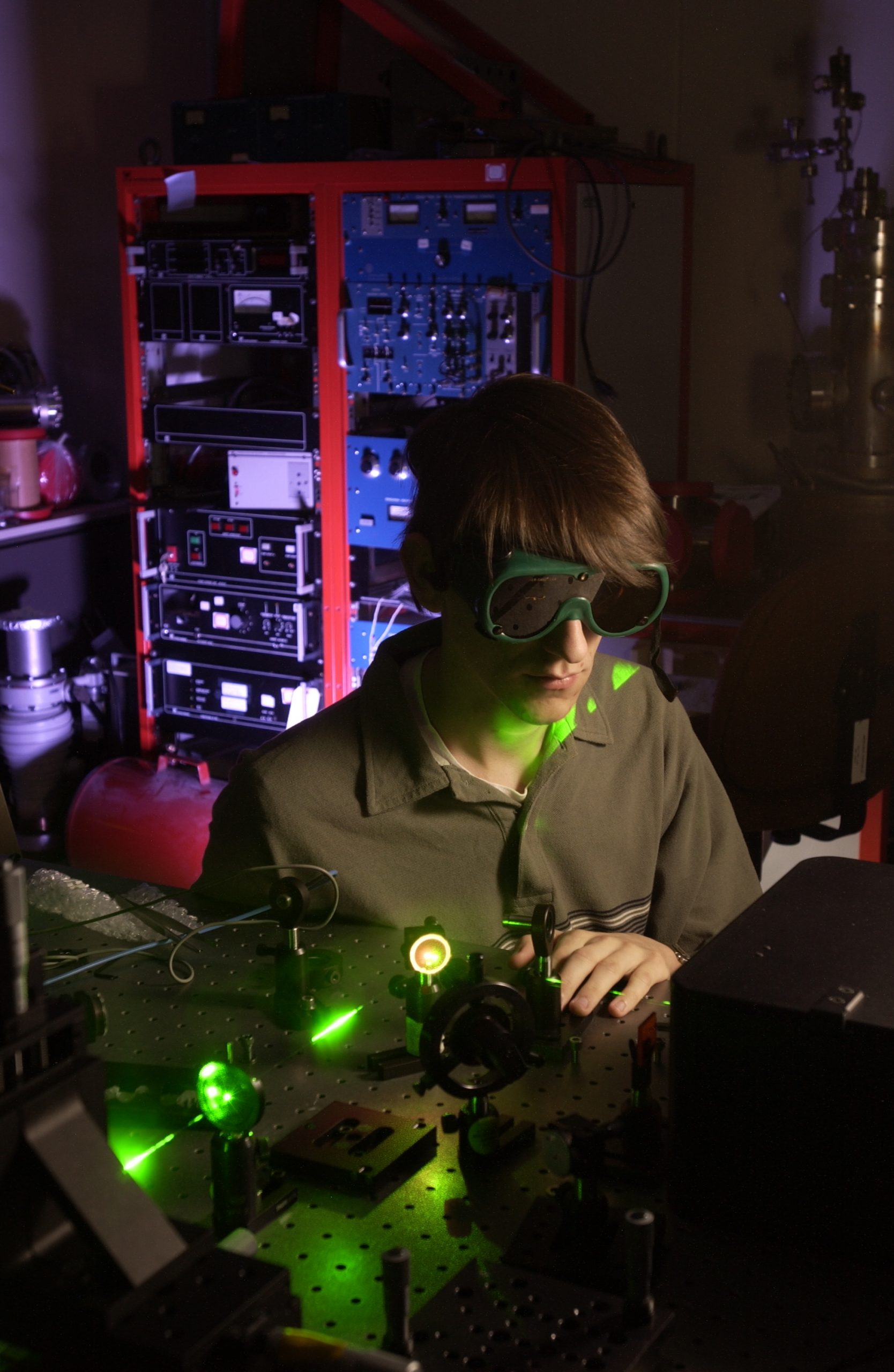
John M. Jumper, DeepMind researcher and Vanderbilt alumnus, shares 2024 Nobel Prize in chemistry
John M. Jumper, BS’07, is one of three scientists awarded the Nobel Prize in chemistry by the Royal Swedish Academy of Sciences on Oct. 9. Jumper currently is a senior staff research scientist for DeepMind, a London-based company that made a huge leap forward in solving the protein folding problem using artificial intelligence. He is the third Vanderbilt alumnus to win a Nobel Prize. Read MoreOct 10, 2024
-
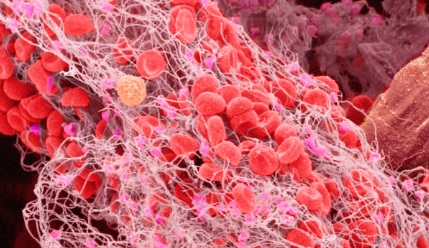
New drug candidates targeting blood clots developed through computer-aided drug design
Using computer-aided drug design, Heidi Hamm, Craig Lindsley, and Jens Meiler and their labs generated a novel series of biologically active compounds that can serve as a basis for anti–blood clot preventative drugs. Read MoreJun 11, 2024
-
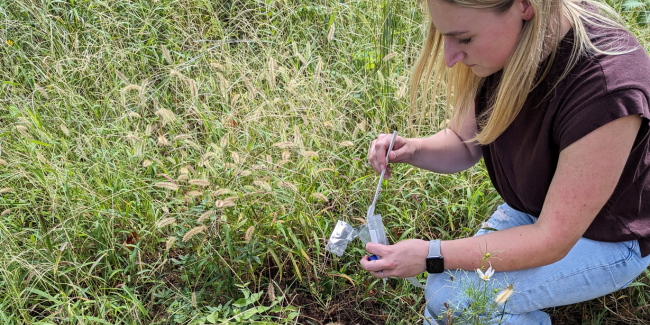
Vanderbilt University Native Meadow flourishing with collaborative research projects
Tucked behind the 6 Magnolia Building on Vanderbilt’s Peabody Campus is what might look to some like a lush garden of weeds. In reality, it’s a strategic Native Meadow full of pollinator-friendly plants. Since its inception, the meadow has flourished, and many faculty, staff and students have found ways to collaborate and interact with the space, thought of as a ‘living lab.’ Read MoreApr 29, 2024
-
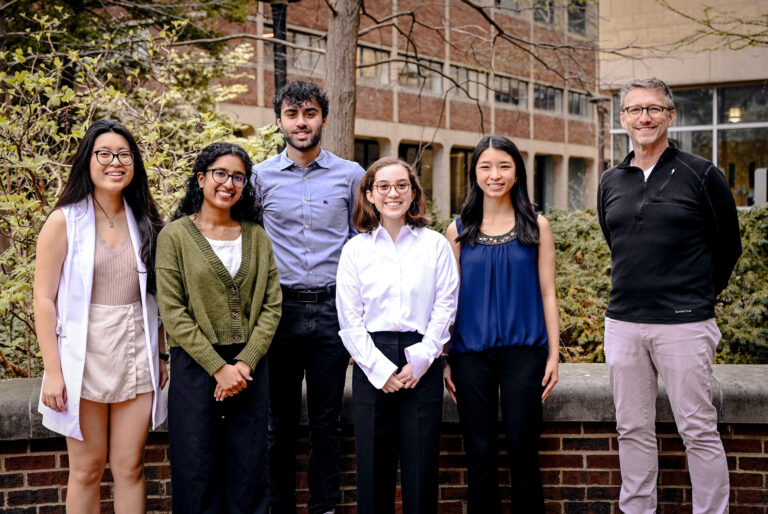
15 years of the Beckman Scholars Program: Providing unparalleled undergrad research opportunities
The highly selective Beckman Scholars Program is celebrating 15 years of partnership with the College of Arts and Science. Over the years, the Arnold and Mabel Beckman Foundation has provided more than $543,000 in support of 23 undergraduate Beckman Scholars at Vanderbilt who engage in unique, hands-on, mentored research. Read MoreApr 3, 2024
-
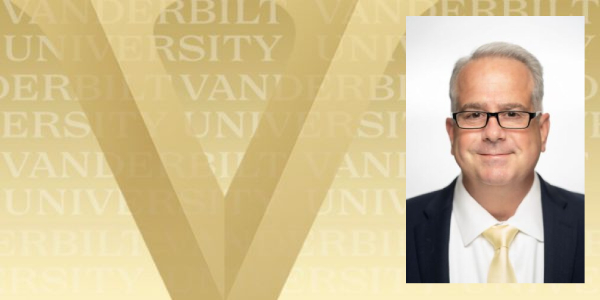
McLean awarded Herty Medal for chemistry achievements, distinguished service
John A. McLean, Stevenson Professor of Chemistry and dean of graduate education and research in the College of Arts and Science, has been named the winner of this year’s Charles H. Herty Medal by the Georgia Section of the American Chemical Society. The award recognizes outstanding work and service by a chemist in the Southeast. Read MoreMar 26, 2024
-

Vanderbilt chemist Ben Brown awarded $2.375M to develop nonaddictive painkillers with AI
Avenir Award funding from the National Institute on Drug Abuse recognizes research that represents “the future of addiction science.” Brown’s research is creating an AI-experiment feedback loop that will help optimize painkilling drugs to be less addictive. Read MoreJan 18, 2024
-
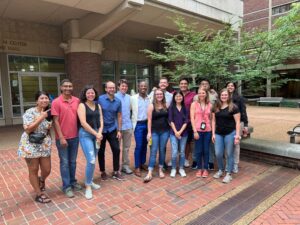
New collaborative research project seeks improved treatment for cystic fibrosis
Lars Plate, assistant professor of chemistry and biological sciences, has received a $2.76 million collaborative grant to investigate medical therapy for people with cystic fibrosis. The interdisciplinary project brings together teams with varied expertise in computational structural biology, proteomics, biophysics, and physiology in hopes of improving the quality of life for those afflicted with the genetic disease. Read MoreNov 16, 2023
-
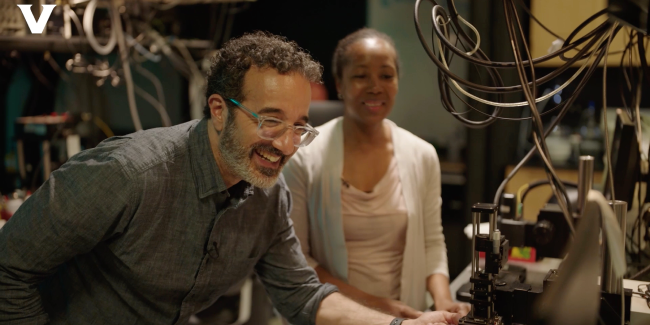
Vanderbilt University’s Quantum Potential unveiled: Meet the minds shaping our future
Quantum Potential is a collection of wild but precise portraits of the scholars, scientists and students at Vanderbilt who are finding new ways to understand the world—and change it. A premiere event will take place Oct. 11 at 6 p.m., including a screening of two short films, behind-the-scenes discussions and an immersive performance. The event is open the general public; registration is required. Read MoreOct 6, 2023
-

New screening method could pave the way for future cancer drug discoveries
The laboratories of Brian Bachmann and Jonathan Irish have developed a method to discover new small molecules that may kill cancer cells by working through the body’s immune system. Read MoreJan 17, 2023
-
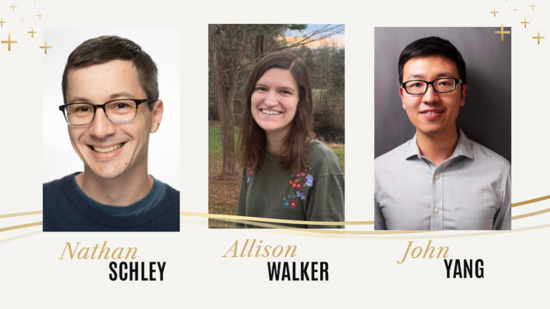
Three Vanderbilt chemists to research therapeutics, fuel conversion, and enzyme design with NIH MIRA grants
College of Arts and Science faculty members Nathan Schley, Allison Walker, and John Yang have each been awarded grants from the National Institutes of Health to continue their groundbreaking chemistry research. The faculty members are conducting big-picture research with practical applications in a variety of health contexts—including drug synthesis, biomolecular conversion, and disease treatment. Read MoreJan 5, 2023
-

Vanderbilt researchers develop publicly available COVID-19 animal susceptibility prediction tool; suggests increased risk to horses
All-remote collaboration results in free animal susceptibility tool to help prioritize research and closer examination of at-risk species. Read MoreOct 6, 2020
-
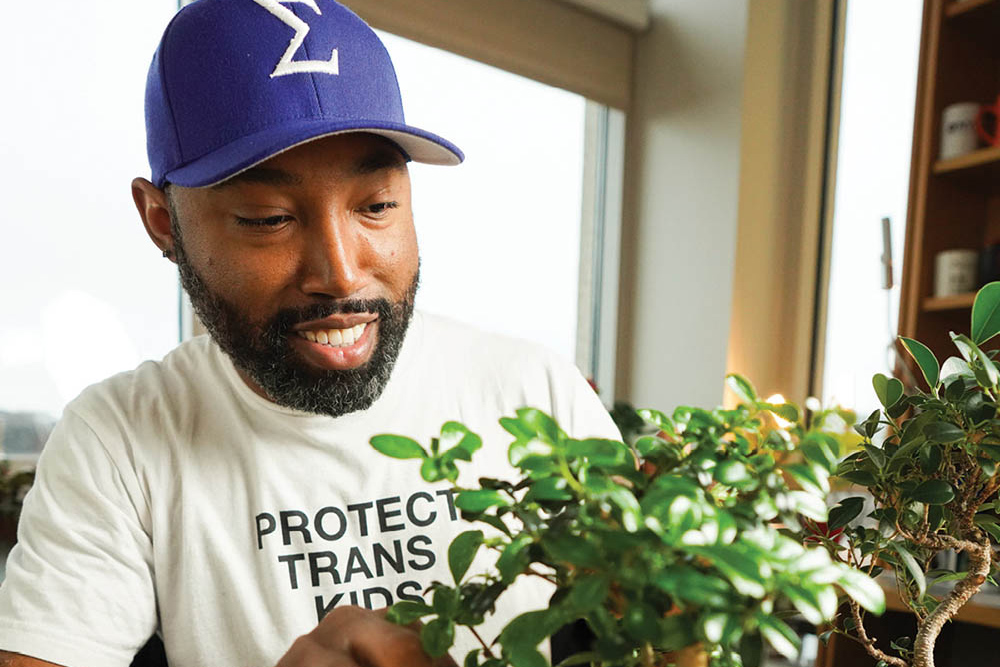
Birth of an Idea: Steven Townsend’s pathbreaking molecular research into human milk
This year alone, Townsend has earned an $800,000 National Science Foundation CAREER award for his research on the protective properties of human milk, a $1.5 million grant from the National Institutes of Health to discover new antibiotics, a $110,000 award from the American Chemical Society, and a place on the Chemical & Engineering News 2019 “Talented 12” list of scientists. Read MoreFeb 17, 2020
-

Vanderbilt collaboration yields promising compound to treat arrhythmia
In addition to establishing potency, the team’s tests on cells and, later, mice showed that even high doses of the compound caused no ill effects. Read MoreFeb 21, 2019
-
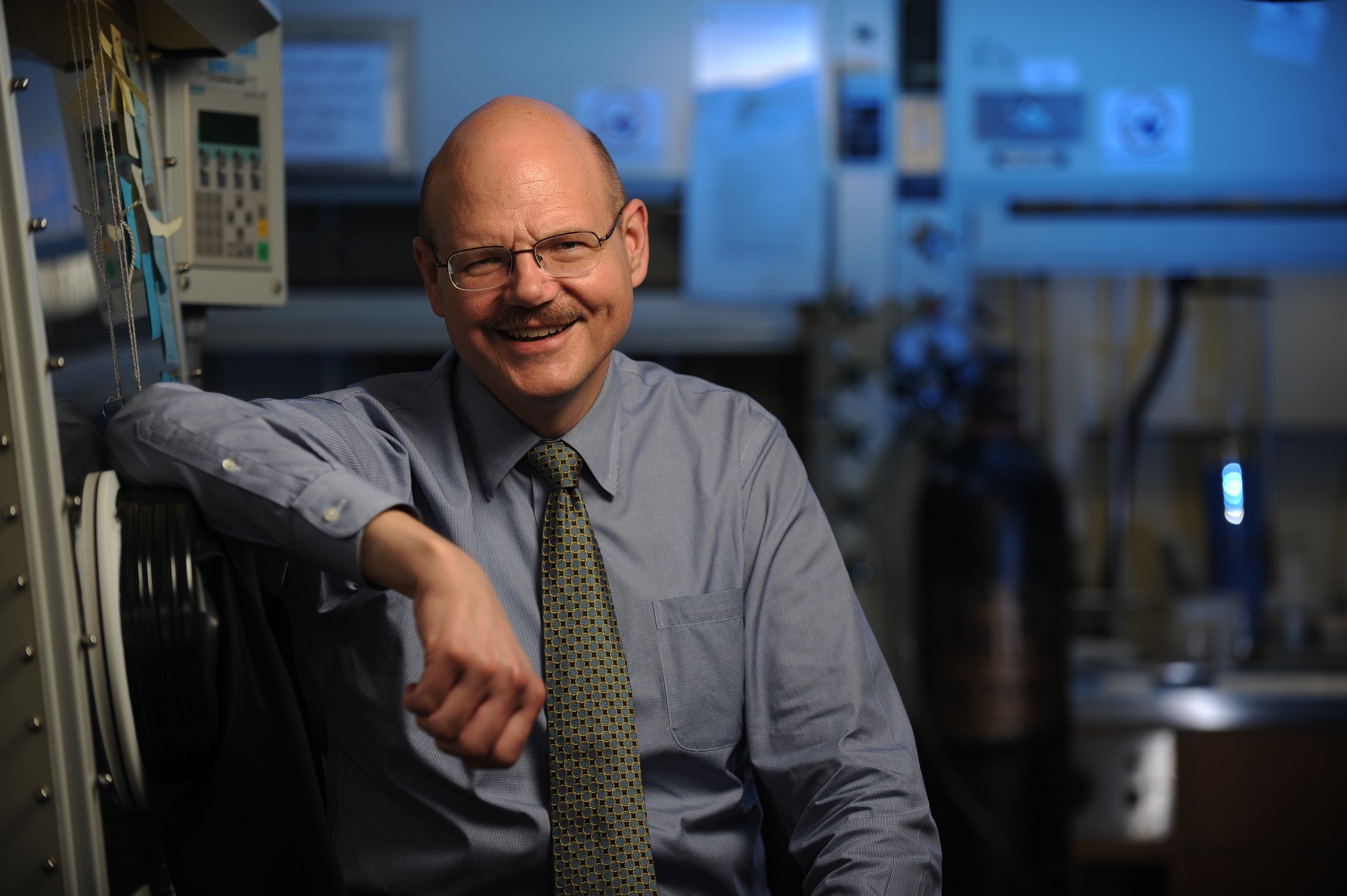
New research explains why some molecules have irregular forms
There’s one bond that had scientists stumped: the one between some types of metals and carbon. Professor of Chemistry Timothy Hanusa set out to replicate this unique type of bond using modeling. Read MoreJun 29, 2018
-

Looking beyond the ‘magic bullet’ approach to drug discovery
Vanderbilt scientists have developed a new process that can rapidly and inexpensively identify personalized cancer drugs derived from nature. Read MoreMay 1, 2018